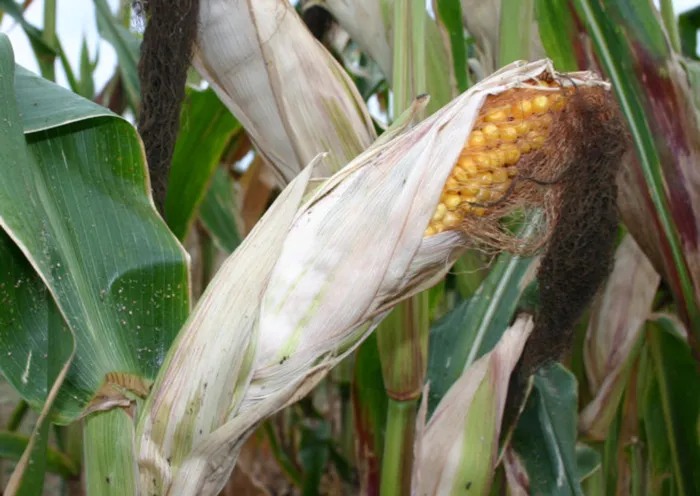GM maize in some baby foods - tests

Cape Town - Laboratory tests have shown that two popular Purity baby foods contain high levels of genetically modified (GM) maize.
The African Centre for Biosafety, an anti-GM lobby group, sent seven baby cereals and infant formulas to the University of Free State GMO testing facility to establish whether foods many South Africans were feeding their babies contained GM products.
The laboratory found that Purity’s Cream of Maize baby food contained 56.2 percent GM maize and Purity Baby First contained 71.4 percent GM maize. Neither product was labelled to say it contained GM food.
Mariam Mayet, who heads the centre that has been campaigning for the labelling of South African food containing GM food, said consumers had a right to know what they were eating.
“They particularly have a right to know what they are feeding their babies. We are seeing the first generation of South Africans who will be fed GM food from the cradle to the grave. We can’t just ignore it.”
The World Health Organisation has said GMOs are “not likely” to present risks for human health and that no such risks have been shown in populations where these foods have been approved.
However, Mayet said the safety of GM food was highly questionable, as no studies had been done on the long-term human health effects.
“The testing is dangerously inadequate. Methods used to assess risk are 90 days on lab rats. We need long-term, independent, publicly conducted food safety tests,” she said.
The Consumer Act, which came into effect in October 2011, says food in which GMOs make up more than 5 percent must be labelled as such. There was a backlash from the food industry, with many big companies refusing to label, saying the legislation was ambiguous. Although a wide variety of foods, from hamburgers to ice cream, contain GMOs, most do not say so.
Alex Mathole, spokeswoman for Tiger Brands, which makes Purity, said Purity baby foods were safe and presented no health risks.
The Departments of Agriculture and Health had approved the safety of GM maize for human consumption, and the company was guided by the results of “internationally accepted objective scientific studies”. It would do its own analysis for GM in its baby food.
Tiger Brands had undertaken to label all products which contained more than 5 percent GM from December.
Last year, the African Centre for Biosafety found that 77.6 percent of the baby cereal Nestle’s Cerelac Honey comprised GM maize. The centre did not retest the cereal. Tests on Nestle’s baby formulas Non Pelargon and NAN AR Infant found them to be GM-free. Nestle’s Mixed Cereal contained extremely low amounts of GM maize and soya.
Mayet said the centre had been surprised to find these results, which “contrasted starkly with Nestle’s pro-GM stance” in the US, where it contributed $1.2 million to a campaign against GM labelling last year.
Nestle said it took consumer preferences into consideration and therefore all its infant cereals in South Africa used non-GM maize.
Aspen’s Infacare Infant was GM-free, while its InfaCare Gold had only traces of GM, possibly from contamination in the production chain. Aspen was asked to comment, but had not done so by deadline. - Cape Times